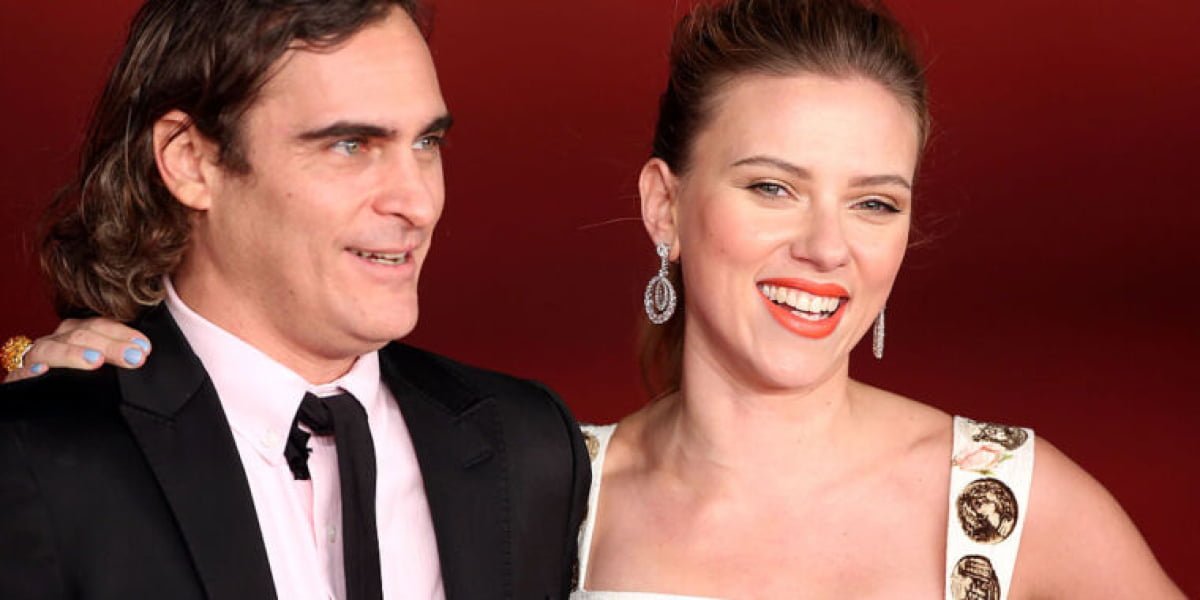Renowned actress Scarlett Johansson recently shared a troubling experience involving artificial intelligence technology. She revealed that filmmaker Robert Altman had suggested that an AI soundalike of her voice was intentionally created. This revelation has sparked a conversation about the ethical implications of AI technology and the potential misuse of celebrity voices for profit and manipulation. Johansson’s disclosure sheds light on the concerns surrounding the convergence of entertainment and artificial intelligence technology.
OpenAI has decided to pause the use of a voice model named Sky for ChatGPT-4o after facing backlash for allegedly mimicking Scarlett Johansson’s voice from her role in the 2013 sci-fi film “Her.” In response to the criticism, OpenAI explained its process for selecting voice models for its chatbot but ultimately acknowledged the similarity between Sky’s voice and Johansson’s. The company emphasized that AI voices should not imitate celebrity voices intentionally and revealed that Sky’s voice belongs to a different actress to protect her privacy.
Johansson later disclosed that she was approached by OpenAI’s CEO to provide her voice for the ChatGPT 4.0 system but declined the offer for personal reasons. However, she was surprised to discover that the AI system’s voice, named “Sky,” sounded eerily similar to hers. This led to Johansson seeking legal counsel and requesting transparency from OpenAI regarding the creation of the Sky voice. In light of these events, OpenAI decided to remove the Sky voice from its products.
The controversy surrounding OpenAI’s use of voice models highlights the ongoing debate about AI’s impact on creative industries. Artists and authors have expressed concerns about AI technology potentially infringing on their work, with Sony recently opting out its artists from AI training to prevent voice clones from imitating popular singers like Adele and Beyoncé. The intersection of AI and creative fields has also raised questions about the future of voice actors and their roles in shaping AI technologies.
OpenAI’s decision to prioritize user preferences and diversity in voice actors reflects its commitment to supporting the voice acting industry while advancing AI capabilities. By collaborating with a diverse range of voice actors and industry experts, OpenAI aims to create chatbots that can engage with users in a natural and interactive manner. These efforts underscore the importance of maintaining ethical standards and respecting individual rights in the development of AI technologies.
As the debate continues, it is essential to consider the implications of AI technology on creative industries and the potential challenges faced by voice actors in the evolving landscape of artificial intelligence. The controversy surrounding the Sky voice model serves as a reminder of the complex relationship between AI technology and human creativity, highlighting the need for transparency, accountability, and ethical considerations in the development and implementation of AI systems.


